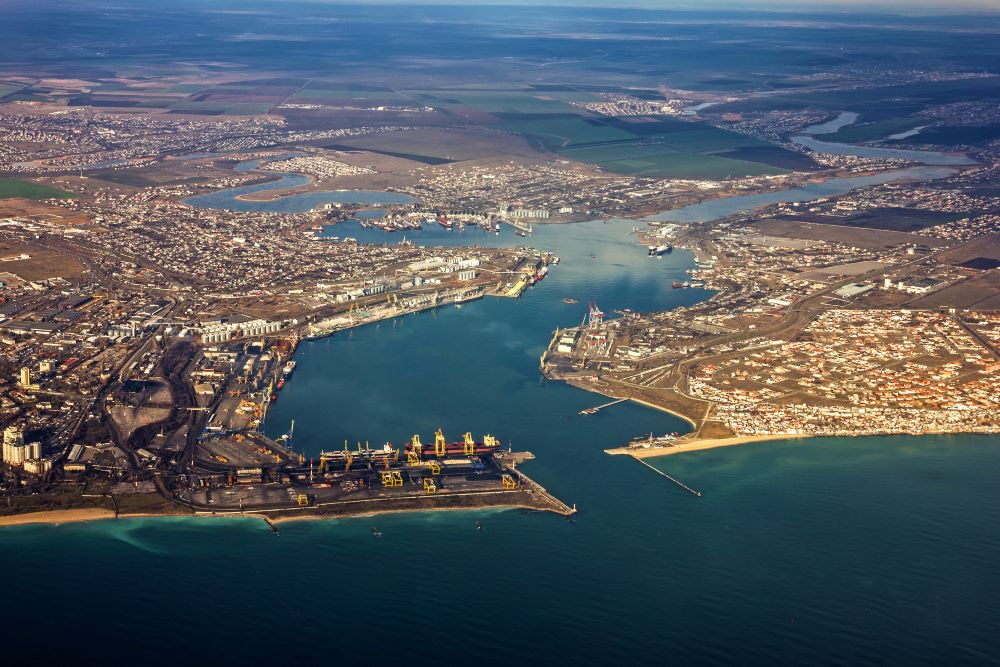
Ukraine’s first grain shipment since an agreement was signed with Russia to allow exports has been rejected by the Lebanon-based buyer.
The Ukrainian embassy in Lebanon reported that the buyer refused to accept the cargo “due to delay of delivery terms (more than five months)”.
Politico reports that the shipper is now looking for another buyer in Lebanon or elsewhere.
Assurance
Russia, Ukraine, Turkey and the UN had negotiated a set of procedures to enable the resumption of grain and fertiliser shipments from Ukraine.
It is hoped that the arrangement will reassure shipping and insurance companies to facilitate the resumption of Ukrainian trade in the important commodities.
Ukrainian exports ground to a halt following Russia’s invasion in February.
Trial phase
The initiative has been operating in a trial phase for the past two weeks, reports Reuters, with ten ships sailing with corn, soybeans and sunflower oil.
Under the terms of the deal, no military vessels are allowed within 10 nautical miles of a merchant ship transiting through the agreed nautical corridor.
A joint monitoring centre in Istanbul has also been established to provide information on scheduled movements in the area.
Extension of deal
Ukrainian president Volodymyr Zelensky has called on international partners to prevent any attempts by Russia to disrupt food exports by sea, reports Ukraine's national news agency Ukrinform.
This would help ensure the return of regular exports from Ukraine, the absence of which has contributed to global food shortages and price increases.
As previously covered in the IOE&IT Daily Update, Ukraine’s trade negotiator Taras Kachka has also called for the deal with Russia to extend to other exports, such as steel and iron ore.
Food prices down
The agreement to resume exports from Ukraine has contributed to a significant drop in food prices in July, according to the latest figures from the UN’s Food and Agriculture Organization (FAO).
The FAO’s global price index for a basket of food fell 8.6% in July from the month before, with the costs of wheat and vegetable oil showing notable drops, CNBC reports.
However, there are doubts over whether shipments will return to a level where they will calm volatile pricing.
“To make a difference it will not be enough to get a few shipments out, but at least 30 or 40 per month to get the existing grains stored in Ukraine out, as well as the produce of the upcoming harvest,” said Rob Vos, the director of markets, trade and institutions at the International Food Policy Research Institute.
Looming shortage
In the UK, there is growing concern that the country faces a vegetable shortage as crops have been hit by the summer heatwave, reports the Telegraph.
Shoppers could be confronted with fewer vegetables on the shelves, with European growers facing similar conditions, combined with delays at ports reducing choice of produce.
